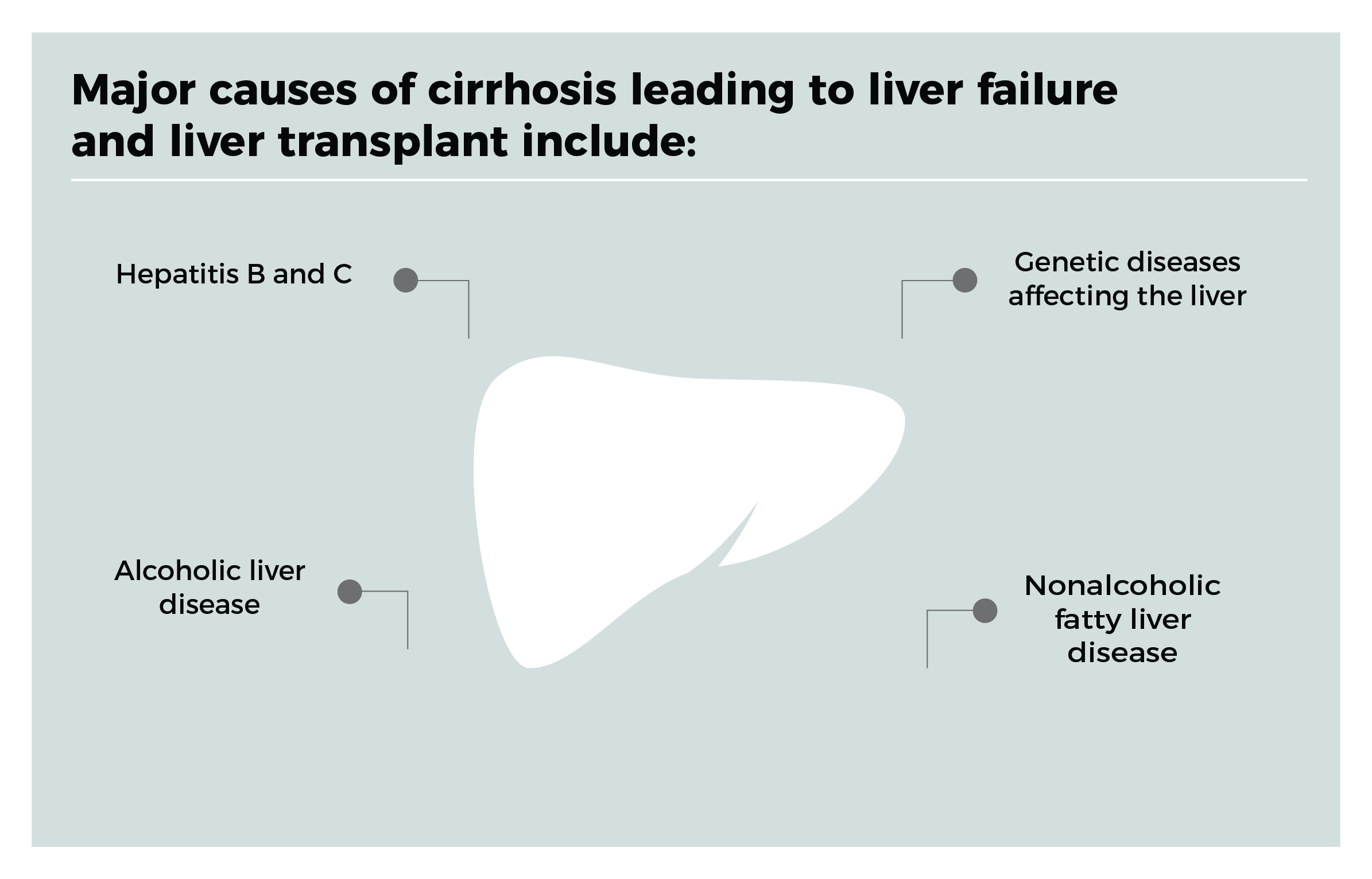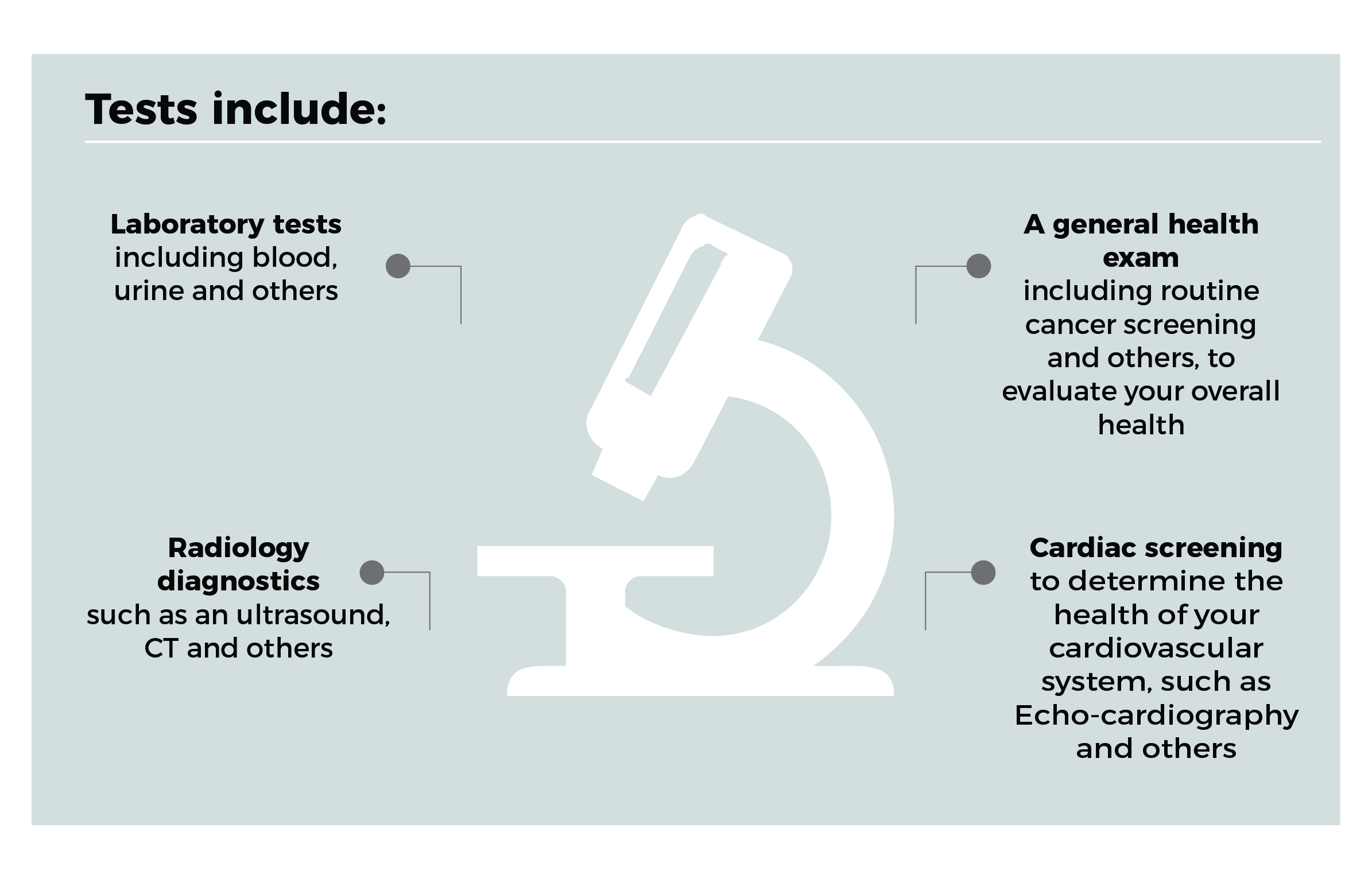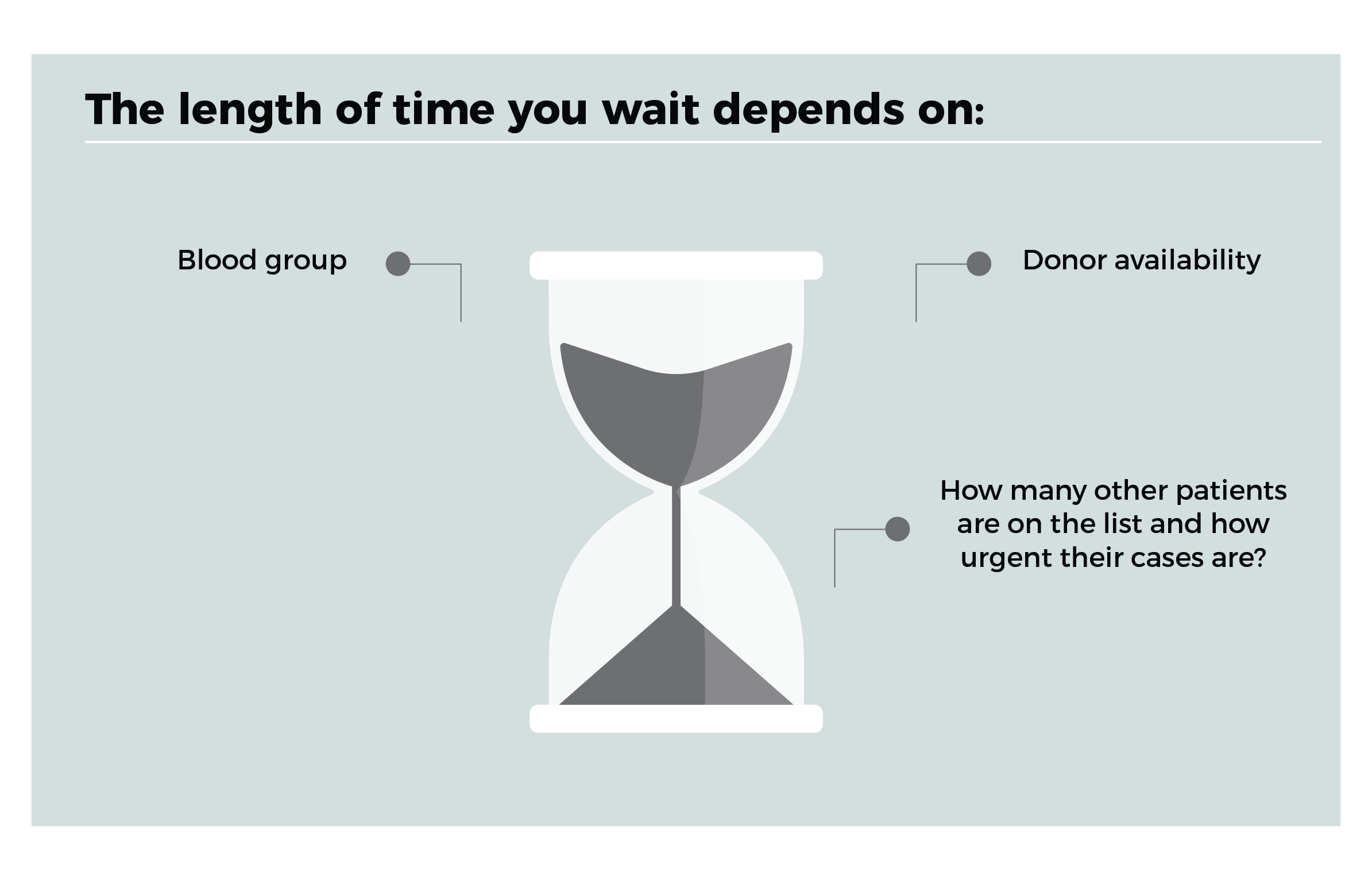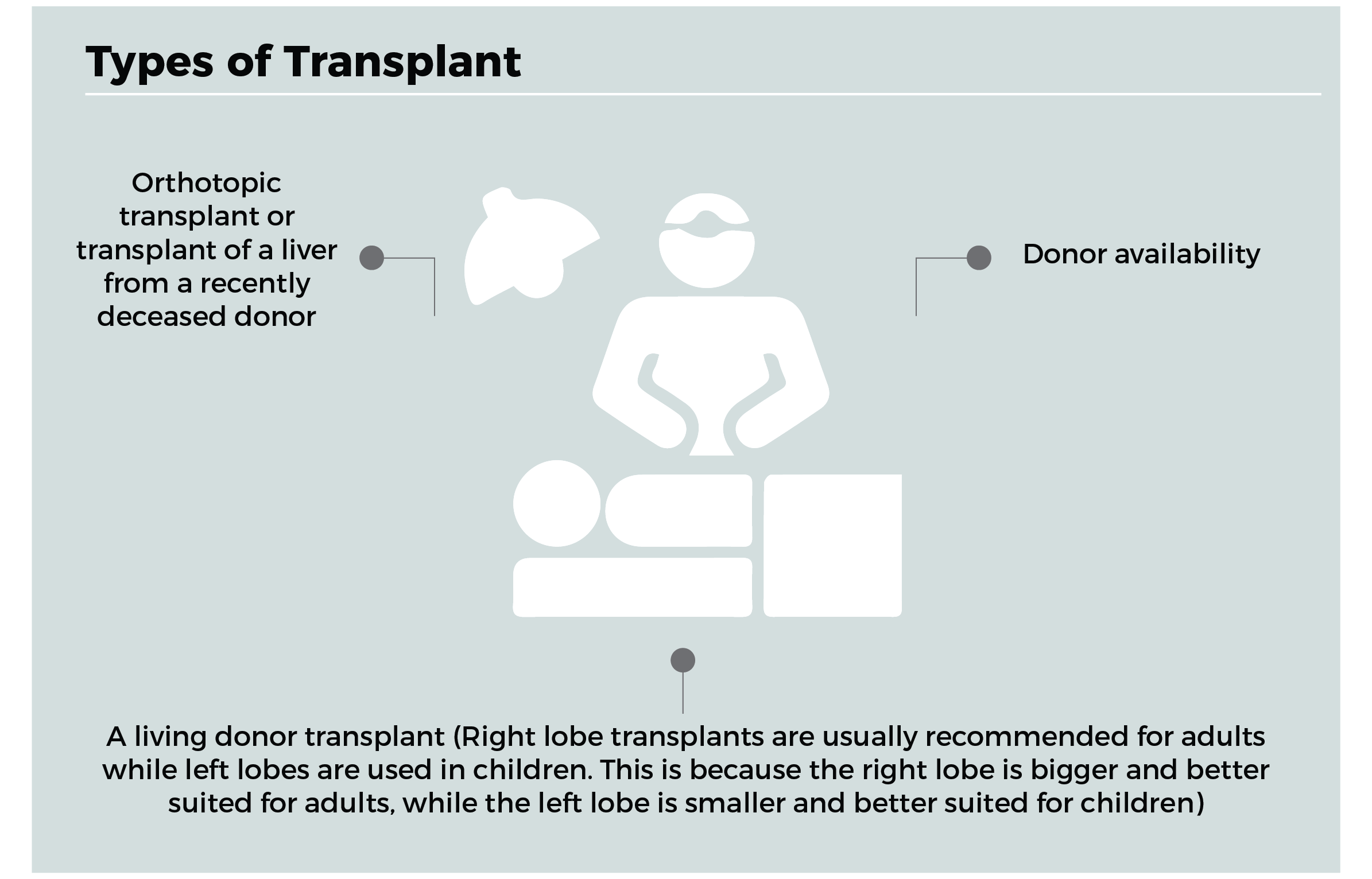Liver Transplant Program
Liver Transplant Program
King Faisal Specialist and Research Center Liver Transplant Program is a top-ranked program Led by highly experienced professionals who are deeply passionate about the complex care required to treat patients for liver transplantation in Saudi Arabia. Each year, approximately 300 patients undergo evaluation for liver transplantation and up to 150 successful transplants take place at our center. All potential recipients receive individualized care tailored to meet their specific needs and conditions.
The Liver Transplant Clinic provides comprehensive and highly specialized nursing care to donor, pre and post-transplant patients as well as pre- and post-Hepatobiliary surgery and acute/chronic Hepatology cases.
The Liver Transplant Clinic provides an innovative, compassionate and supportive environment, which helps enhance clinical practices and patient experience of both liver and cancer patients through offering services and developing the most appropriate plan of care for patients.
Health care team take the time to listen to patient’s questions and concerns and provide comprehensive care throughout the transplantation process that starts with pre- liver transplant screening and donations process and followed by the long term post transplantation follow up process, including nutritional, social, financial and spiritual issues, to ensure the best possible results and quality of care.
Overview – What is Liver Transplant?
A liver transplant is a Surgery to remove a diseased liver and replace it with a healthy liver (or part of one) from a donor (living or deceased). The liver is the largest solid organ and the largest gland in the human body. It carries out over many essential tasks as part of the digestive system, the roles of the liver include detoxification (removing toxins from blood), protein synthesis, and the production of chemicals that help digest food and many other functions. The human liver regenerates and returns to its normal size shortly after surgical removal of part of the organ. This makes living-donor liver transplant an alternative to waiting for a deceased-donor liver to become available.

Who are the candidates for Liver Transplant?
- Liver transplant is a treatment option for people with liver failure whose condition can't be controlled with treatments and for some people with liver cancer. Diseases that affect the bile ducts (the tubes that carry bile away from the liver), such as primary biliary cirrhosis, primary sclerosing cholangitis and biliary atresia. Biliary atresia is the most common reason for liver transplant among children.
- Liver transplant may also treat certain cancers that originate in the liver (primary liver cancers).
Am I eligible for a Liver Transplant?
To determine your eligibility, you will need to provide a consent and have a transplant evaluation. This important step will help in deciding whether transplant is the most suitable treatment for you. During the evaluation, you will meet with several members of the transplant team, including physicians, surgeons, and specialists from transplant team, social, nutrition, psychology, and many more. You will also meet your transplant coordinator, who will help guide you through the evaluation process. During your evaluation you will be required to complete several diagnostic tests. Once you have completed your evaluation, your health status and history will be presented to the transplant committee. Generally, most prospective patients are eligible for transplant; candidates who are at high risk and or will not benefit from transplant will be considered not legible. Tests include:
- Laboratory tests, including blood, urine and others
- Radiology diagnostics, such as an ultrasound, CT and others
- Cardiac screening to determine the health of your cardiovascular system, such as Echo-cardiography and others
- A general health exam, including routine cancer screening and others, to evaluate your overall health

What to expect after workup:
The waiting time for a liver transplant depends on a number of factors, including organ availability, organ matching and the sickness of a patient. Each patient is given a Model for End-Stage Liver Disease (MELD) score that categorizes the disease severity. Pediatric patients will also be evaluated according to the progress of disease. This score is used by the transplant team to prioritize organ allocation after listing all patients in relation to their blood group, taking in to consideration that waiting with in the cadaveric wait list can take months or years. So the best option is to have your living donor with you.
If you're on the waiting list, the transplant center will need to contact you at short notice as soon as organs become available for transplantation, so you must inform your Coordinator if there are any changes to your contact details.
The length of time you wait depends on:
- Blood group.
- Donor availability
- How many other patients are on the list and how urgent their cases are?

Surgery:
Liver transplant surgery can take from six to ten hours in the operating room with a team of highly skilled surgeons and other operating personnel, patients may undergo preparations for up to two hours before surgery begins. After surgery, you’ll be placed in the intensive care unit; eventually you’ll be moved to the transplant unit. The average post liver transplant hospital stay is ten to fifteen days, with two of those days spent in the intensive care unit.
Types of Transplant:
There are three different types of liver transplant that may be offered to a person:
- Orthotopic transplant or transplant of a liver from a recently deceased donor
- A living donor transplant (Right lobe transplants are usually recommended for adults while left lobes are used in children. This is because the right lobe is bigger and better suited for adults, while the left lobe is smaller and better suited for children)
- A split type of liver transplant (Split donation involves transplantation of a liver from a recently deceased individual to two recipients).

After a Liver Transplant:
After your liver transplant, you can expect to:
- Possibly stay in the intensive care unit for a few days. Doctors and nurses will monitor your condition to watch for signs of complications. They'll also test your liver function frequently for signs that your new liver is working.
- Spend 10 to 15 days in the hospital.
- Have frequent checkups as you continue recovering at home. Your transplant team and Coordinator designs a checkup schedule for you. You may undergo blood tests a few times each week at first and then less often over time. Stay near Riyadh/close to the hospital for 4 to 6 weeks after the surgery.
- Take medications for the rest of your life. You'll take a number of medications after your liver transplant, many for the rest of your life. Drugs called immunosuppressants help keep your immune system from attacking your new liver. Other drugs help reduce the risk of other complications after your transplant.
- Expect six months or more recovery time before you'll feel fully healed after your liver transplant surgery. You may be able to resume normal activities or go back to work a few months after surgery.
Donor Information:
Living Donor Evaluation for Live Donation:
Step One |
Living related Donor: your Coordinator will arrange for Pre-Screening – initial interview, consenting, medical, Independent Living Donor Advocate interview, psychology and social work assessment in addition to Laboratory Investigations – full labs including ABO typing, organ function tests and serology. Living non-related Donor: your Coordinator will arrange for Pre-Screening – initial interview, consenting, medical, Independent Living Donor Advocate interview, psychology and social work assessment in addition to Laboratory Investigations – full labs including ABO typing, organ function tests and serology. To be reviewed by the non-related donation committee for clearance. |
Step two |
Diagnostic Investigations – CT Abdomen, MRCP to assess anatomy, echocardiogram, Fibro scan, Chest X-ray. |
Step three |
Final Assessment – all investigations reviewed by live donor team for suitability to donate then will proceed for liver Bx. |
Step four |
OR Booking – final re assessment by the medical and surgical consultants, once cleared then proceed for biopsy. |